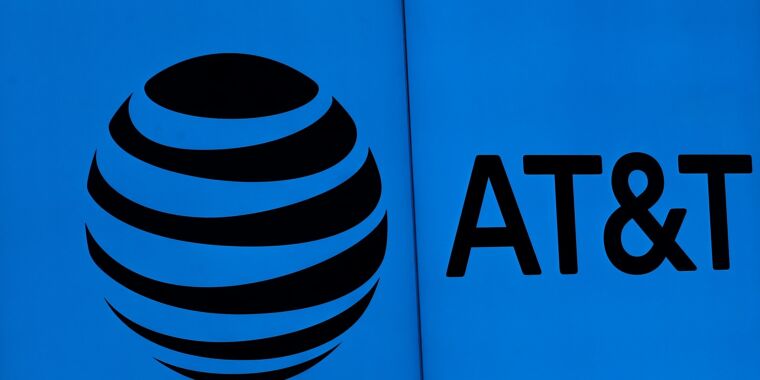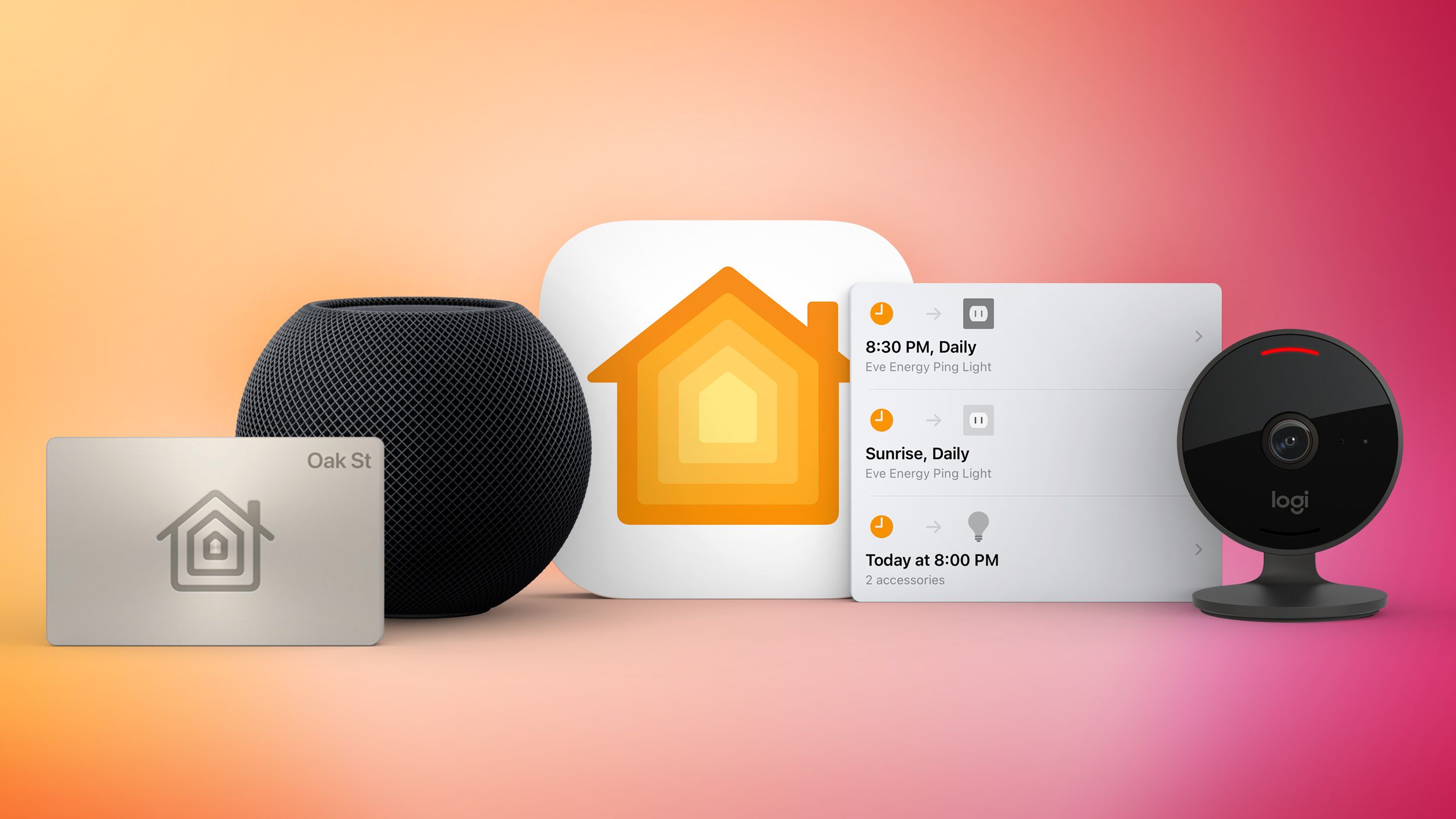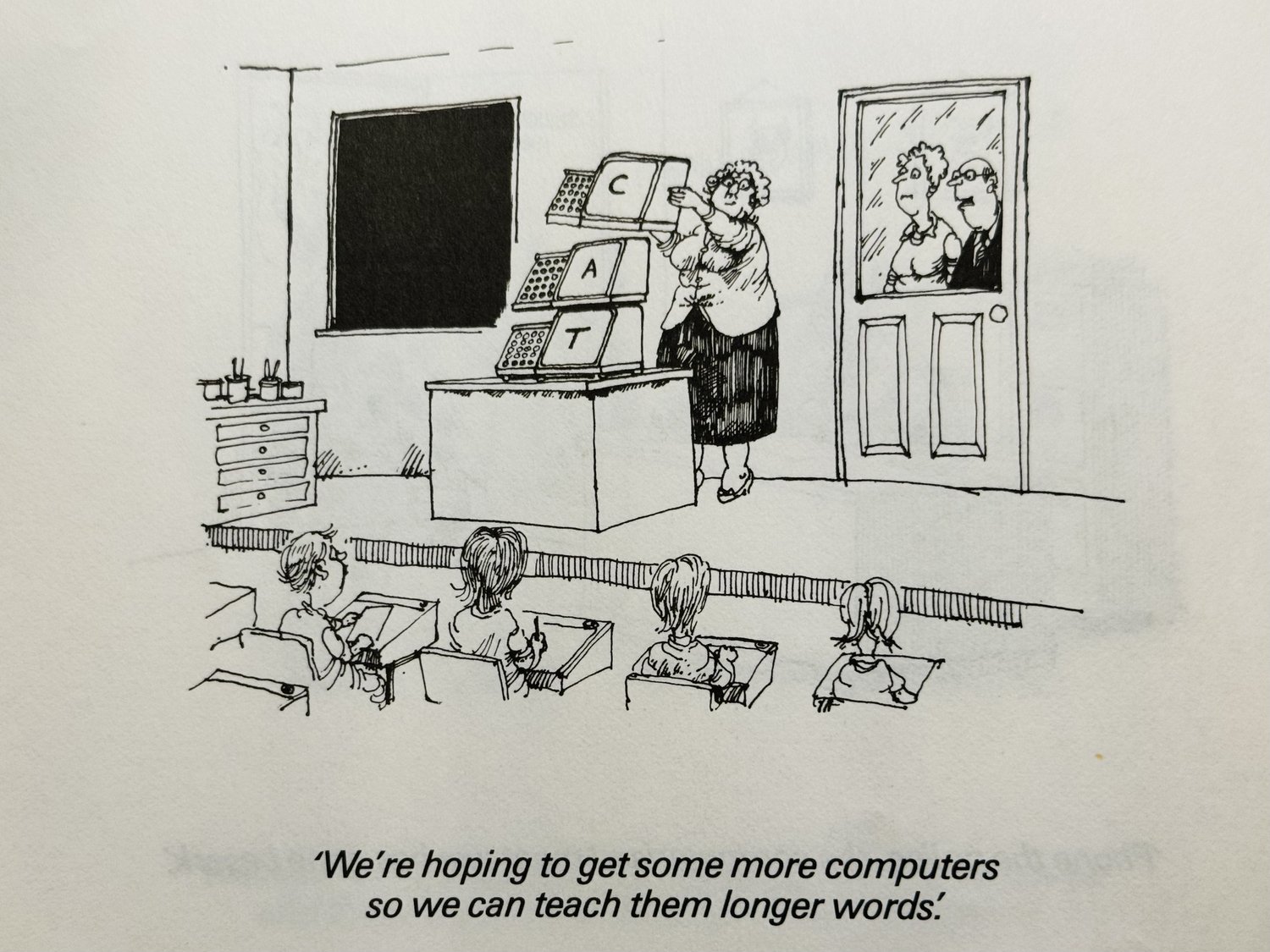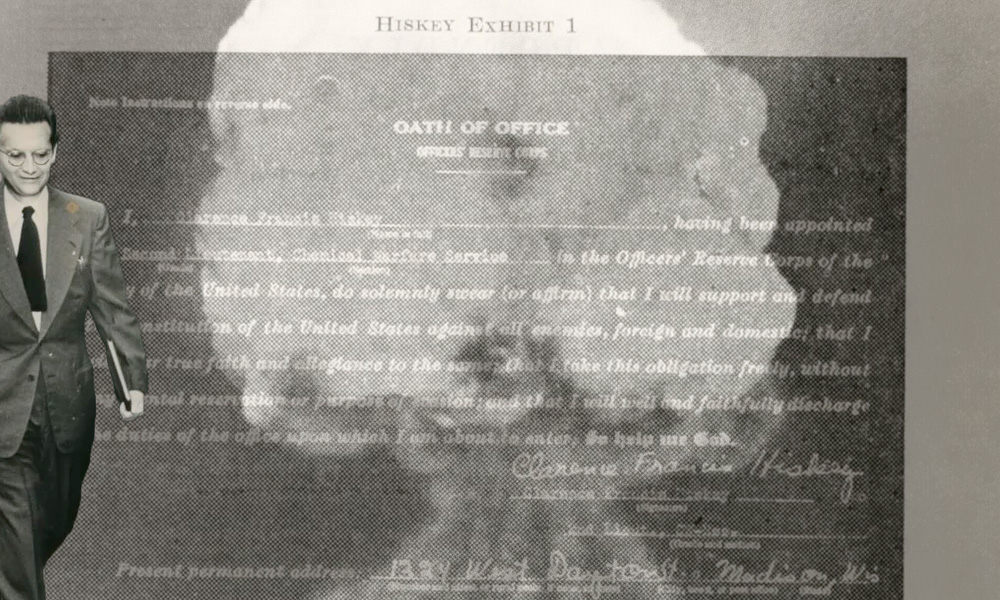Apple’s Private Relay will thwart ISPs’ gross mishandling of our browsing histories
On April 3, 2017, Trump did what no one asked for, except for an army of telco lobbyists: he quietly signed an order from Congress to explicitly allow ISPs to sell users’ browsing history without users’ permission. There was no photo shoot or fanfare: it was too depressing and impossible to explain to Americans… US citiezens had just been sold out by their politicians.
It was another page from ISPs’ long history of monetizing users’ internet traffic in the US: from hotels and airlines injecting ads into browsing sessions via WiFi hotspots, to cell carriers (like Verizon and AT&T) selling ad data based off your mobile traffic, to big ISPs and carriers pitching Wall St. on the idea that they would compete with Google as an ad company. When ISPs are not cashing out users’ privacy, they’re at least fantasizing about it.
That’s a major problem because Internet Service Providers, like AT&T and Comcast, have a sacred position as gatekeepers of all your internet activity. Because ISPs see the domains you visit (and that your devices’ apps connect to), the level of privacy at stake is staggering. Monetizing your data is bad, but their role in your life also gives law enforcement a juicy, easy target to serve with National Security Letters (or lesser subpoenas), which compel disclosure of your information. Thanks to something called the 3rd-party doctrine, police don’t even need to use a conventional search warrant (from a judge) to ask ISPs for info about you. Recent reports also show that an increasing percentage of such requests come with a gag order, despite increasingly weak justifications for doing so. This means ISPs being served with subpoenas often can’t even tell you they’re giving up your info.











/cdn.vox-cdn.com/uploads/chorus_asset/file/9594885/jetsons.jpg)








